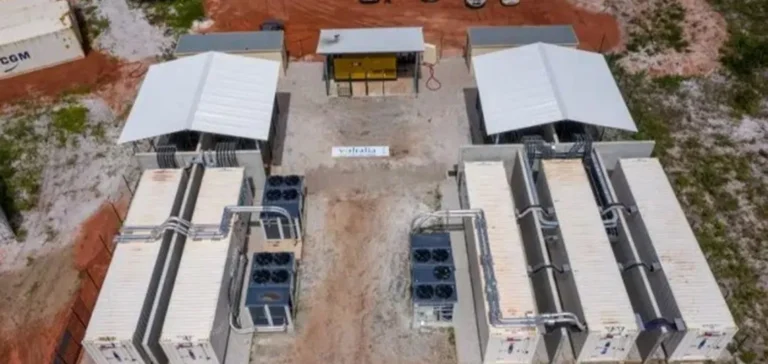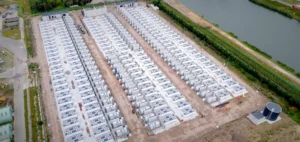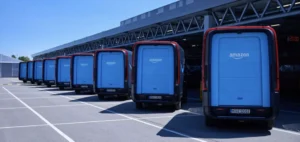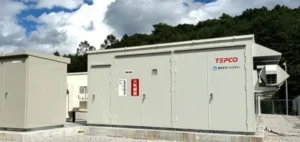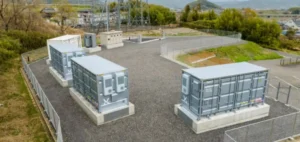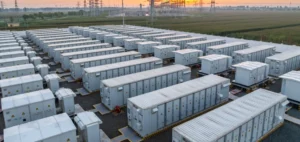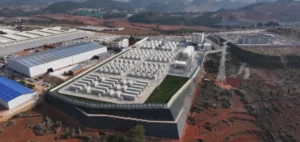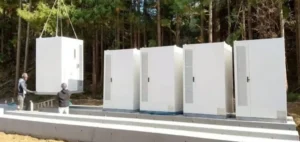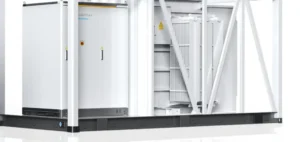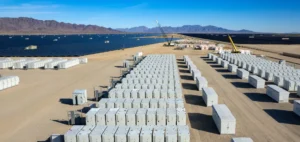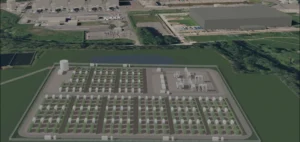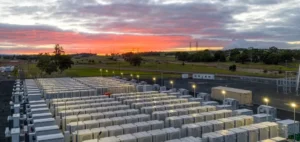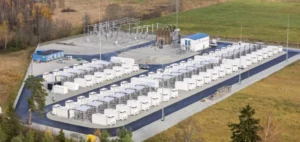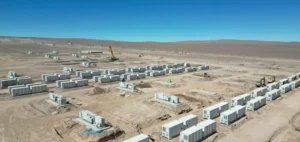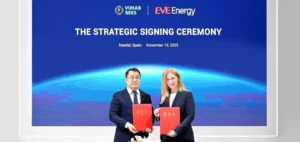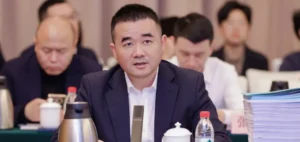Indian company InSolare Energy Limited has been selected by the state-owned Solar Energy Corporation of India Limited (SECI) to develop a Battery Energy Storage System (BESS) project with a capacity of 600 MW / 1,200 MWh. This contract is among the largest standalone storage projects awarded by SECI to date.
Located in the Nandiyal district, in Kolimigundla, Andhra Pradesh, the project will be connected to the Inter-State Transmission System (ISTS) network via the Kurnool-3 substation. InSolare will be responsible for design, engineering, civil works, installation, testing and commissioning, as well as operation and maintenance for five years.
Strengthened positioning across the energy value chain
Founded in 2008, InSolare has developed energy infrastructure across India for over 16 years. The company initially focused on engineering, procurement and construction (EPC) for solar photovoltaic projects before expanding into TopCon module manufacturing, electrolyser technology, and solutions involving green hydrogen and green ammonia. It now aims to be an integrated provider across the full energy value chain.
This contract builds on a track record that includes an EPC portfolio exceeding 1 GW across 22 states. The company has also completed pilot projects in canal-top solar, floating solar, and hybrid systems, while investing in R&D and the digital optimisation of operations.
The rising role of storage in India’s energy strategy
The project is part of SECI’s strategy to improve grid reliability and increase flexibility within India’s energy mix. As renewable energy penetration increases, large-scale storage becomes essential to absorb fluctuations, prevent curtailment and ensure stable supply.
SECI, the leading public developer of renewable energy in India, has identified storage as a key component of its roadmap for energy security. Its selection of InSolare reflects the company’s execution capabilities and alignment with long-term national objectives.
A vision for digitally managed and locally produced infrastructure
InSolare anticipates a shift towards energy infrastructure that is locally manufactured, internationally benchmarked, and digitally managed. The company is working to integrate storage data analytics, AI-based forecasting tools, and sustainable construction processes.
This approach aims to reduce foreign technology dependency and accelerate domestic industrial capabilities. By focusing on industrial innovation and execution quality, InSolare is positioning itself as a key player in the deployment of future energy storage capacity.


